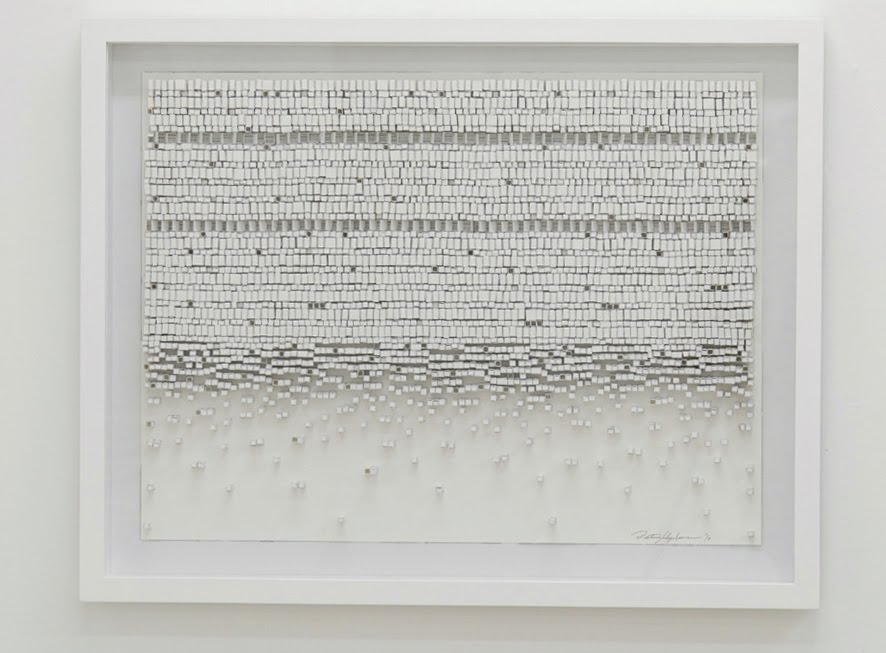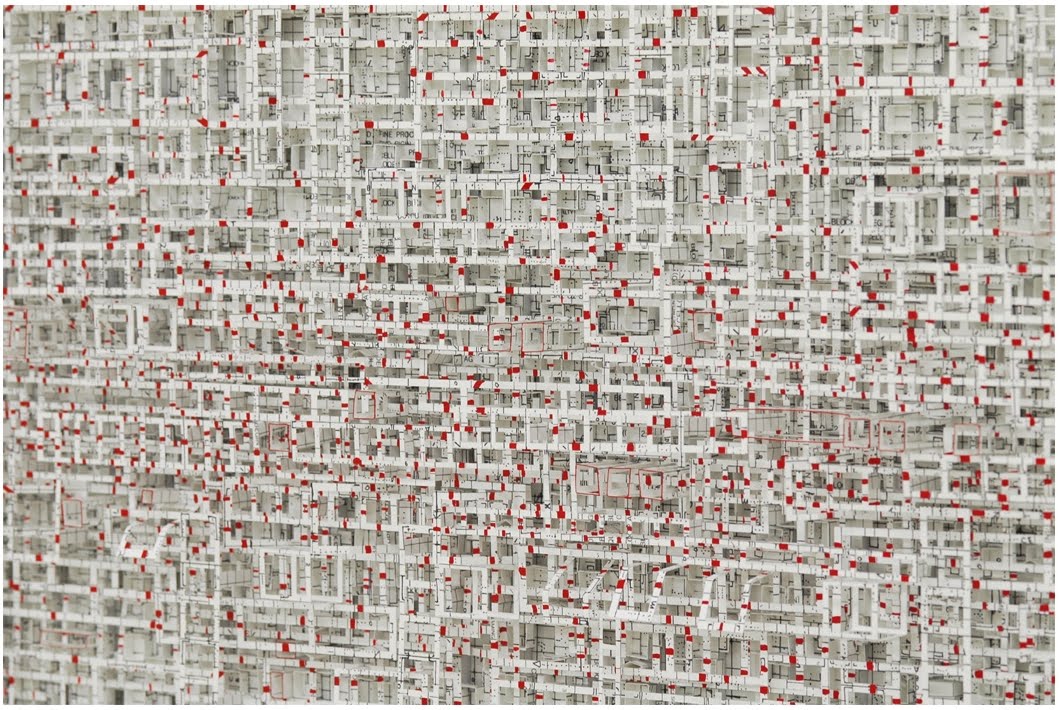Amazing paper art from Japanese Artist Katsumi Hayakawa. Katsumi has been featured by us before, including some of his acrylic paintings.
Katsumi was born in 1970 and has been actively exhibiting his art since as early as 1990. He received his BFA from Nihon University College of Arists in Tokyo, and his MFA from the School of Visual Arts (SVA) in New York City.
He has received numerous awards from such institutions as:
The Nomura Cultural Foundation (2006)
The 20th Holbein Scholarship (2005)
International Encaustic Works ’97 First Prize (1997)
Recognition of the Outstanding Work, School of Visual Arts (1997)
Katsumi lives in Tokyo











